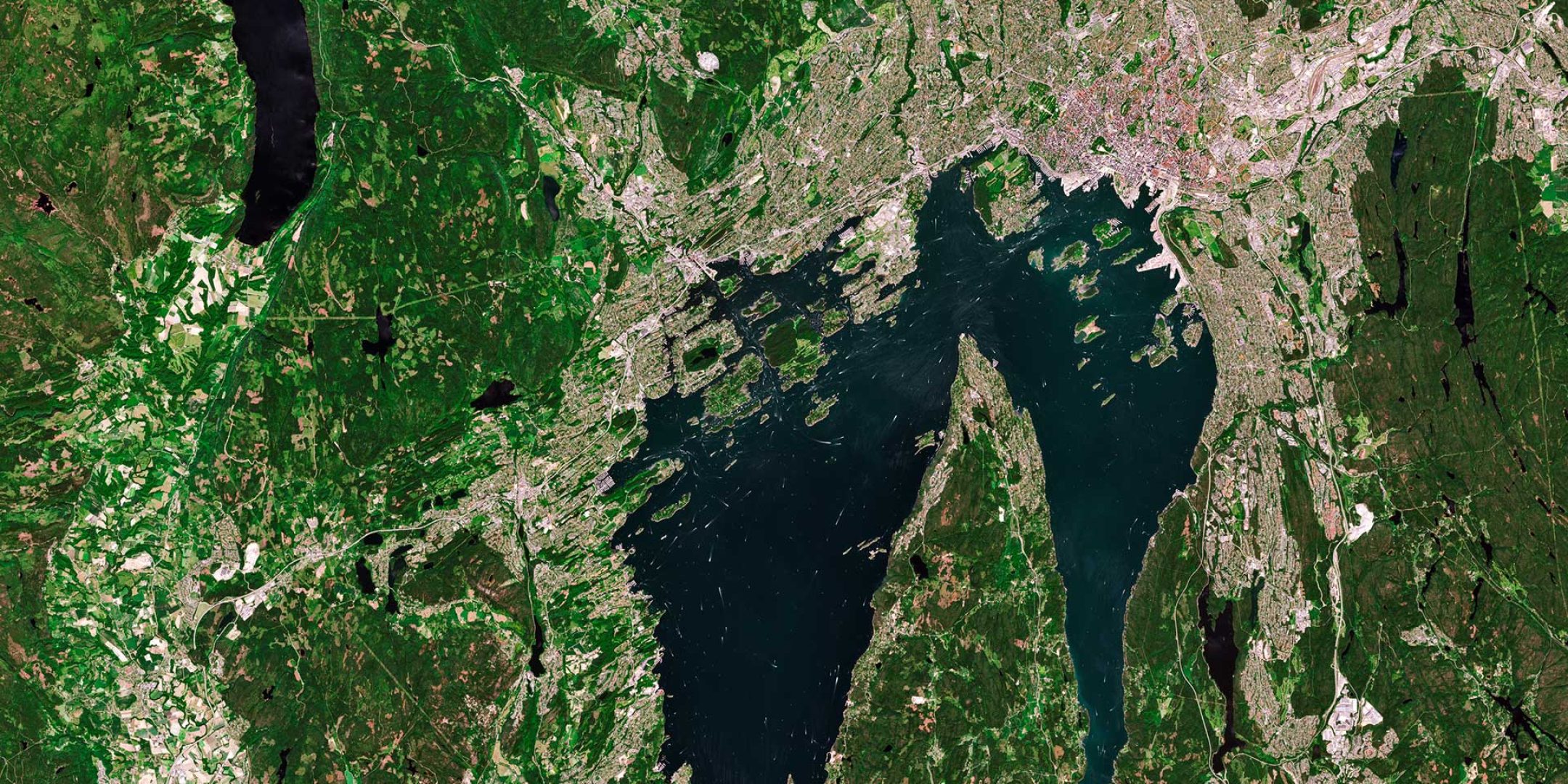At the event, NOSA Director General Christian Hauglie-Hanssen signed the Space for Climate Observatory (SCO) Charter on Tuesday, 23 May 2023. The signing ceremony took place in the presence of Lionel Suchet, https://fscience-old.originis.fr/wp-content/uploads/2023/06/GLOC_Oslo_Norway_S2_27juillet2022_web-2-1.jpg’s Chief Operating Officer; Laurence Monnoyer-Smith, Director of https://fscience-old.originis.fr/wp-content/uploads/2023/06/GLOC_Oslo_Norway_S2_27juillet2022_web-2-1.jpg’s Sustainable Development Office; Frédéric Bretar, Head of the Space for Climate Observatory at https://fscience-old.originis.fr/wp-content/uploads/2023/06/GLOC_Oslo_Norway_S2_27juillet2022_web-2-1.jpg; and Ole Morten Olsen, Director of Business Development and Innovation at NOSA. This latest signing brings to 38 the number of entities involved in the SCO.
The Space for Climate Observatory is an international alliance created at https://fscience-old.originis.fr/wp-content/uploads/2023/06/GLOC_Oslo_Norway_S2_27juillet2022_web-2-1.jpg’s initiative in 2017 as a best-effort-based initiative. Officially launched in 2019, it aims to strengthen international cooperation in efforts to tackle climate change and offer operational space solutions for local decisionmakers so they can help vulnerable regions adapt to climate change. In its first four years, the SCO has grown steadily,
especially since the introduction of the International Charter on the Establishment of the Space for Climate Observatory on 1 September 2022, which formally sets out its governance. The SCO currently has 38 signatories. They include space agencies and international organizations, of which 24 member states and three UN agencies (UNEP, UNDP, UNOOSA), which support the emergence of SCO projects.
Norway’s signing of the Charter in May 2023 further strengthens the SCO’s development and expansion.
“Norway, represented by NOSA, supports the Space for Climate Observatory initiative and we’re pleased to be among the signatories of its Charter and to host the 11th session of the SCO Steering Committee,” said Christian Hauglie-Hanssen, Director General of NOSA. “We’re delighted to be working with our international partners, including https://fscience-old.originis.fr/wp-content/uploads/2023/06/GLOC_Oslo_Norway_S2_27juillet2022_web-2-1.jpg, and contributing to cooperation between the various national space agencies and other stakeholders focusing on the practical issues around climate change affecting our societies.”
Satellite data for climate is an important part of the Norwegian government’s five core areas of development aid: education, healthcare, business development, climate and renewable energy, and humanitarian efforts. NOSA is assisting the Norwegian Ministry of Climate and Environment and the Norwegian Agency for Development Cooperation (NORAD) with professional advice on space related topics. In September 2020, Norway signed an agreement worth 400 million Norwegian kroner to purchase high-resolution satellite imagery for tropical rainforest monitoring. The Norway International Climate and Forest Initiative (NICFI) Satellite Data Programme is a government initiative administered by the Ministry of Climate and Environment in partnership with NORAD. The programme is being delivered by Kongsberg Satellite Services (KSAT), Airbus and Planet with the aim of protecting the world’s tropical rainforests. It is Norway’s most important climate change mitigation initiative serving rainforest countries, international organizations and civil society.
“Space offers a unique vantage point for observing our planet,” said Lionel Suchet, https://fscience-old.originis.fr/wp-content/uploads/2023/06/GLOC_Oslo_Norway_S2_27juillet2022_web-2-1.jpg’s Chief Operating Officer. “Satellite technology enables highly precise measurement of many essential climate variables (ECVs) for understanding and adapting to climate change. By designing advanced methodologies incorporating multiple data sources to generate action scenarios, the SCO intends to become a major decision support tool for preparation, adaptation and resilience to the impacts of climate change on a local scale. Norway’s membership of the SCO is part of the international expansion of this initiative.”

